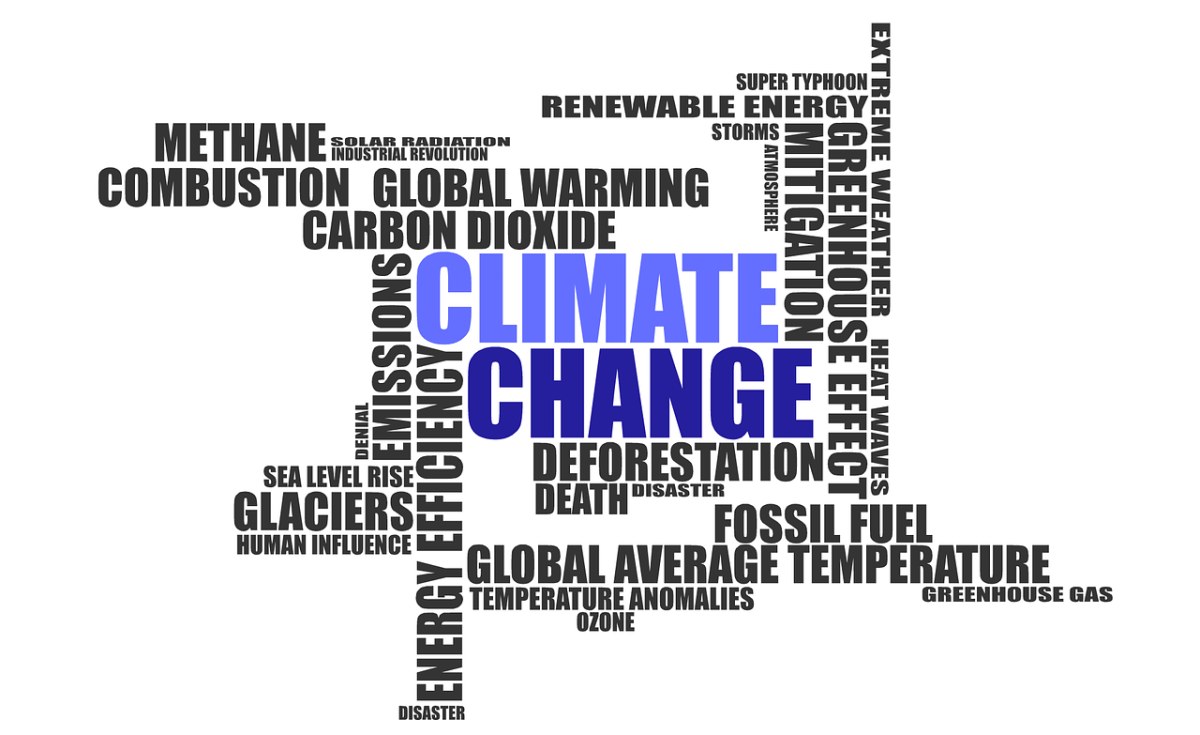Dakar and London — The 2022 Forum Facts & Figures, ‘The Road to COP27: Making Africa’s Case in the Climate Debate’, highlights the need for greater consideration of Africa’s specific position within the global debate on climate change.
Launching exactly six months ahead of COP27 in Egypt, and immediately following the COP15 of the United Nations Convention to Combat Desertification in Côte d’Ivoire, the 2022 Forum Facts & Figures provide a comprehensive analysis of the challenges and prospects of the global climate crisis from Africa’s perspective.
Commenting on the data, Mo Ibrahim, Founder and Chair of the Mo Ibrahim Foundation, said: “As the least industrialised continent, Africa has contributed the least to the global climate crisis, yet it is suffering the most from its consequences. Thanks to its immense ecological and mineral resources, Africa has the potential to be at the heart of a sustainable future for both the continent and the world. As we now head towards COP27, hosted on the continent, it is vital that Africa’s unique position is better understood and taken in account. Leaving Africa out of the equation not only hinders efficient climate action, but it also threatens global development and security prospects.”
Based on the latest data, the 2022 Forum Facts & Figures first explores in detail the specific impacts of the climate crisis in Africa, and the way it intersects with pre-existing social and development issues such as poverty, food insecurity, political instability, and displacement. With the findings pointing to the need for greater consideration of African-specific vulnerabilities within global climate solutions, if only to avoid failure in achieving the SDGs and Agenda 2063.
The report then analyses the critical challenge of striking the right balance between climate protection and access to energy for all on the continent with the largest energy gap globally. It highlights the hurdles still to overcome to make the most of Africa’s renewable potential and the need to rethink the one-size-fits-all policies, excluding gas as a key transition fuel, adopted at COP26.
The research then highlights Africa’s consistent resource potential, with the continent possessing all the key assets to accelerate the global transition to a green and sustainable economy. But in order for this potential to be effectively and efficiently delivered, including in the best interest of Africa’s people, the continent will need to break from the “natural resource curse”, and focus on leveraging financial resources, strengthening governance frameworks and natural resource management.
Key findings include:
- Accounting for 3.3% of total global carbon emissions since 1960, Africa is the least responsible world region for climate change.
- In 2020, the whole of Africa’s per capita carbon emissions were ten times lower than North America’s.
- The impact of climate change is already hitting Africa hard.
- Over 2010-2022, the number of people affected by droughts amounted to at least 172.3 million, and the ones affected by floods amounted to at least 43.0 million.
- The ten most climate vulnerable countries globally are in Africa.
- These host 20.1% of the continent’s population.
- Africa is the most vulnerable continent to climate change due to pre-existing development challenges that exacerbate climate impact and lower resilience.
- 39.7 million additional people in sub-Saharan Africa could be pushed into extreme poverty by 2030 due to climate change, more than in any other world region.
- Climate change is forecasted to push an additional 78 million people into chronic hunger by 2050, over half of them in sub-Saharan Africa.
- Without climate action, sub-Saharan Africa is expected to see the displacement and migration of up to 85.7 million people, equivalent to 4.2 percent of the continent’s population.
- 600 million people in Africa currently lack access to electricity and more than 930 million lack access to clean cooking fuels, making Africa the continent with the lowest rates of energy access globally.
- At 455.2 trillion cubic feet in 2020, African natural gas reserves could go a long way to meeting the continent’s growing energy demand.
- 18 African countries are already gas producers.
- Distribution of gas remains a key challenge.
- Gas accounted for less than 10% of the total energy supply in half of the continent’s gas producers.
- 22 African countries already use renewables as their primary source of electricity, but access to electricity remains limited in these.
- At COP26, 39 countries and development institutions put an end to financing all fossil fuels, including gas.
- Africa is home to one quarter of the world’s mammal species, one fifth of the world’s bird species, and at least one sixth of the world’s plant species.
- Africa holds 30% of the world’s mineral reserves, many of which are key to building green or low-carbon technologies, such as energy storage and solar panels among others.
- DR Congo is the leading world producer of Cobalt, key for batteries and electric vehicles, and Africa holds roughly half of the global reserves.
- $10 trillion in Environmental, Social & Governance capital is looking for a return and at COP26 global financial institutions aligned portfolios worth $130 trillion to achieve net zero emissions.
- Most climate vulnerable countries in Africa are showing governance deficits.
The Facts & Figures will support discussions at the 2022 Ibrahim Governance Forum, taking place virtually from Wednesday 25th to Friday 27th May on the mif.live platform. The full Ibrahim Forum Report will be published following the Forum debates, to include the main take-aways and recommendations from the Forum discussions.

